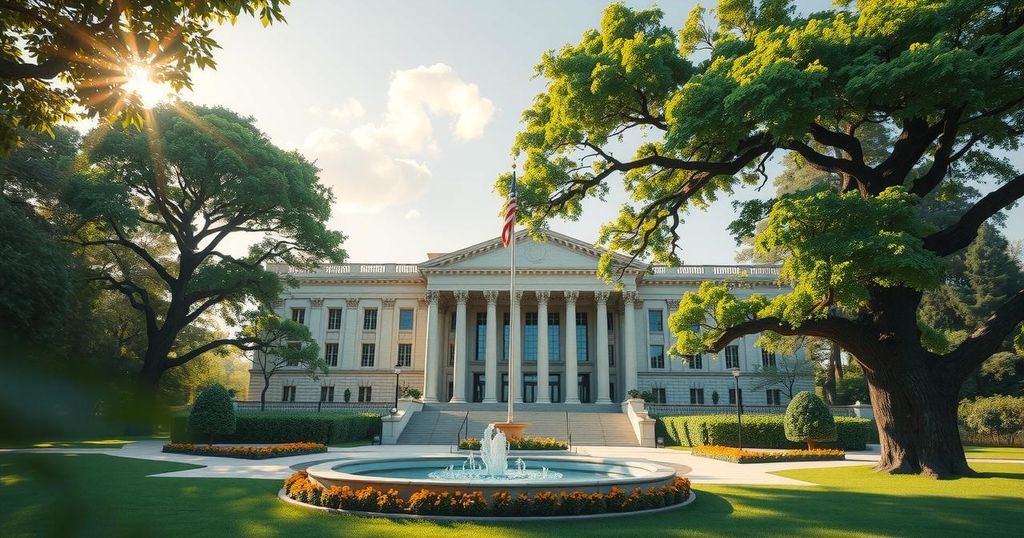World news
AFRICA, ALBERT PAHIMI PADACKE, ASIA, CENTRAL AFRICA, CHAD, CHINA, COALITION GOVERNMENT, DEBY, DEMONSTRATIONS, ELECTIONS, EUROPE/ASIA, GOVERNMENT, ID, LAKE CHAD, MALI, MILITANTS, NATIONAL ASSEMBLY, NATIONAL RALLY OF CHADIAN DEMOCRATS, PADACKE, PARLIAMENTARY ELECTION, PATRIOTIC SALVATION MOVEMENT, RNDT, RUSSIA
Michael Grant
0 Comments
Chad’s MPS Party Dominates First Senate Election, Expanding President Deby’s Authority
Chad’s ruling MPS party has won 45 of 46 seats in the inaugural Senate election, strengthening President Mahamat Idriss Deby’s control. The main opposition party, led by Albert Pahimi Padacke, contested the results, citing voting irregularities. The new Senate will consist of both elected and appointed members, serving renewable six-year terms, amidst shifting alliances in Chad’s defense policy.
In a significant political development, provisional results from Chad’s first Senate election indicate that the ruling Patriotic Salvation Movement (MPS) secured 45 out of 46 available seats. This triumph solidifies President Mahamat Idriss Deby’s authority, who has been in power since 2021 following the death of his father, the former president Idriss Deby Itno. The MPS previously demonstrated its dominance in a legislative election last December, where it achieved a two-thirds majority in the National Assembly amid opposition boycotts.
The electoral outcome has sparked contention, particularly from the main opposition party led by former Prime Minister Albert Pahimi Padacke, who claimed irregularities occurred during the voting process, especially in the city of Moundou. Amidst these claims, only one seat was awarded to the National Rally of Chadian Democrats (RNDT), securing Padacke a place as the sole opposition senator.
In total, the Senate will comprise 46 indirectly elected senators, selected by municipal and provincial councillors, along with 23 appointed by the president, serving renewable six-year terms. President Deby’s administration has embarked on altering military alliances, including the termination of its defense cooperation agreement with France, a move paralleled by actions in neighboring nations such as Mali and Niger, which have distanced themselves from French military presence.
The results of Chad’s first Senate election highlight the continued consolidation of power by President Mahamat Idriss Deby and his MPS party. Despite protestations from the opposition regarding electoral fairness, the elections further illustrate the current political dynamics in Chad, particularly its shift away from traditional alliances with Western powers. As the new Senate assumes office, the political landscape in Chad remains poised for potential change amidst ongoing challenges.
Original Source: www.timeslive.co.za




Post Comment